Lockdown with a Trad Climber
As a climber, you may have often considered climbing as more than a hobby or a sport, it feels like part of your identity. It feels like your life revolves around it, and it doesn’t feel right when people describe it as an adrenaline junkie sport. We all know there is much more to it than just getting a buzz.
This notion may have been around amongst climbers for a long time, but more recently it seems that others have started to realise this too. Researchers have started taking a closer look at the reasons why we climb, and why we have stopped classifying what we perceive as high-risk sports persons, as sensation seekers. It is now the view that mountaineers and rock climbers may improve their levels of emotional regulation and sense of agency through climbing – giving us much more than a simple rush of adrenaline.
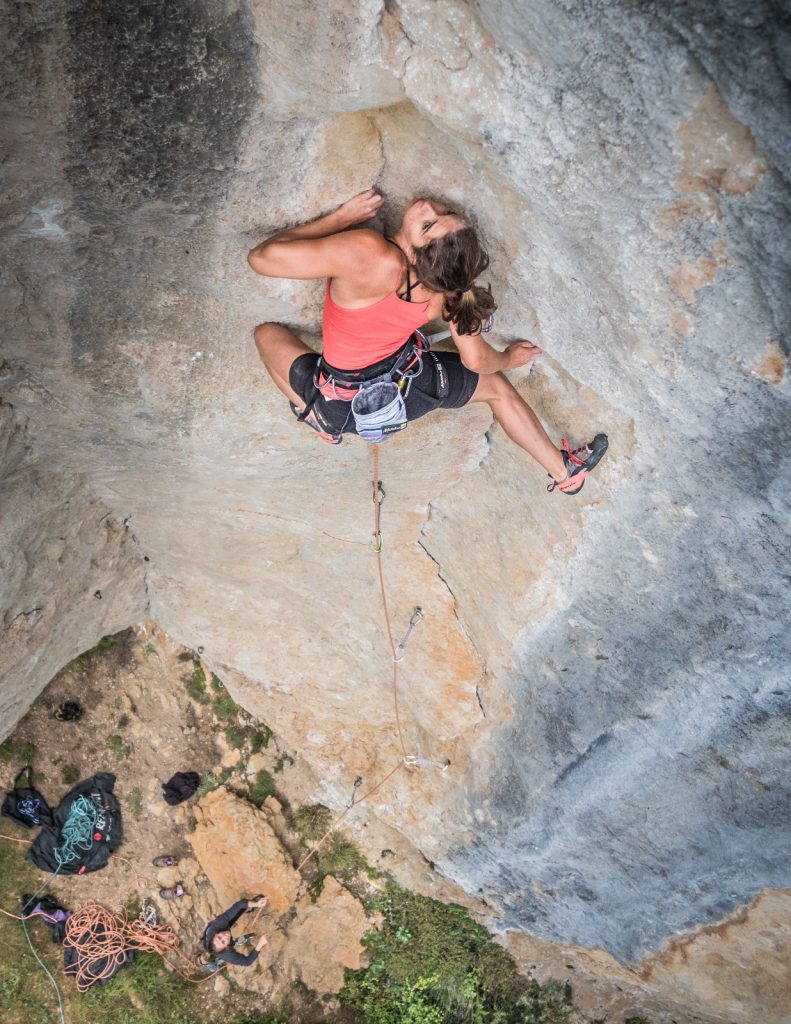
So, what do we mean by emotional regulation and agency?
Emotional regulation: The process that controls the intensity, duration, and type of emotion that a person experiences. A person with high levels of emotional regulation is more able to control their reaction to an event. Someone with poorer emotional regulation may react to a negative event with intense anger or sadness, and have great difficulty in calming themselves down.
Agency: The sense of control over the events in your life, and the belief in your ability to influence the circumstances within your life. Someone with high degree of agency feels like that they have the power to change the circumstances of their life. Someone with a low degree of agency may feel like a passive observer, and that life is something that ‘happens to them’.
So how does climbing improve these elements of our psychology?
Within climbing we often set clear and specific goals. Combining a clear goal with intense emotional experiences, such as fear and elation, requires that an individual identifies and understands their emotions. The development of this awareness is what allows them to control their emotions, and ultimately their actions on the rock. This contrasts with the confusing and unidentifiable emotions they may experience in day to day life, where goals are not as clear set and there is less of a direct impact of emotions on actions. However, the emotional control developed in the former situation may lead to an improvement in agency and emotional regulation, which can then transfer to day to day life.
In my 3rd year research project (Flo is currently studying Sport Psychology BSc at Bangor University), I wanted to further the understanding of the motives of climbers. In order to do this, I set out to explore how emotional regulation and agency levels changed over a 6-week period without climbing. (Ironically, I completed this before the 6+ weeks of lock down!) I looked at the changes in climbers participating in 3 different types of climbing (traditional climbing, sport climbing, bouldering), and compared this to participation in non-climbing, non-high-risk sports. I theorized that trad climbers would show increasing difficulty in emotional regulation and agency throughout the six-week period without climbing, but that sport climbers, boulderers and the non-climbing group would not show any changes. My hypothesis was that this would be due to the greater improvement in emotional regulation and agency with trad climbing, because of stronger emotions that are likely experienced, such as fear.
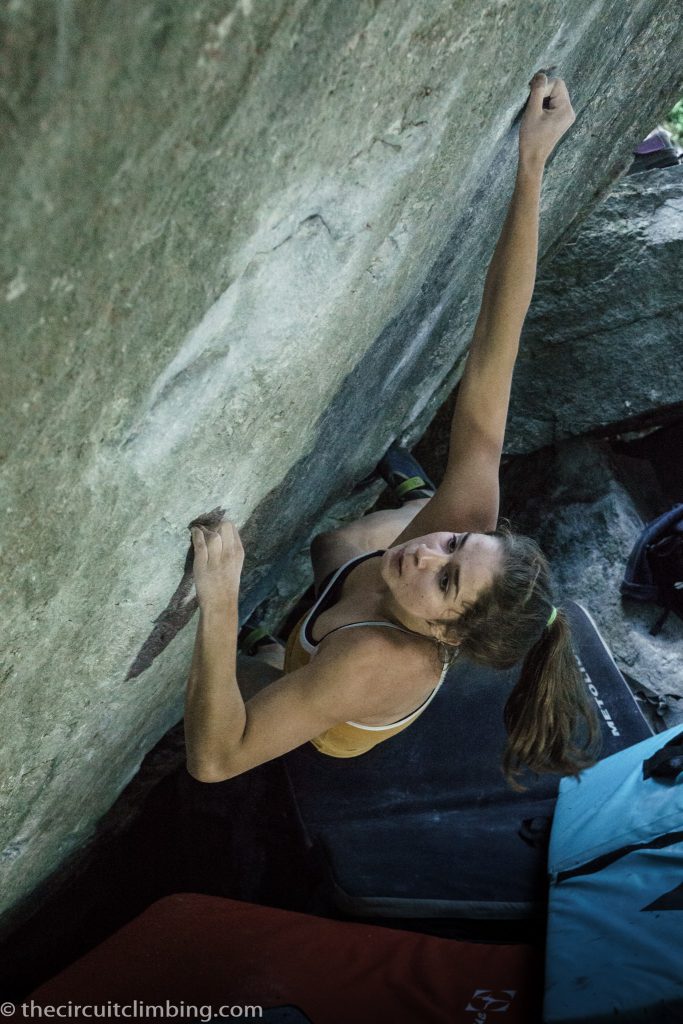
Using questionnaires shared by Lattice, I sought to gather information on the emotional regulation, agency, and sensation seeking characteristics of climbers in 3 different mindsets; imagining not climbing for a day, two weeks, and six weeks. In total we received over 600 responses (thank you!), and after eliminating the responses that did not fit the selection criteria (to take part in a single discipline only, e.g. sport climbers who also bouldered or trad climbed were excluded), I analysed 127 responses across the four groups. The data showed that trad climbers had increasing difficulty with emotional regulation and agency over the six-week period. Put into the context of the recent lock down due to COVID-19, as the weeks progressed a climber may have found dealing with difficulties in relationships harder, struggled to control their reactions to events, and felt like their life was being controlled by something other than themselves. If you are lucky enough to be able to climb again many of these difficulties may have shrunk somewhat, and hopefully you are starting to feel your emotional regulation and sense of agency return (along with your efficiency on rock!).
Another interesting result that came out of the data was that sport climbers were also found to have a reduction in emotional regulation across the six-week period without climbing, despite it being a lower risk sport compared to trad climbing. Therefore, it would seem that sport climbing also provides improvements to emotional regulation. One potential reason for this could be the perceived fear that climbers experience when climbing above a bolt, and facing a fall. The act of trying to master the fear of falling, regardless of actual risk of injury could be enough to give sport climbers an experience of strong identifiable emotions, providing an opportunity to improve their emotional regulation. Have you ever noticed an improved ability to deal with emotional difficulties after a good (and potentially scary) day out at the crag?
In comparison, boulderers showed a similar pattern over the 6-week period to the non-climbing group, with no changes in agency or emotional regulation difficulty across the six weeks. This would imply that the motives for boulderers are different to those for sport and trad climbing, and potentially lie more in physical than mental progression.


This research confirms that the benefits of climbing are not restricted to climbing alone, and that there can be a transfer of improvements in aspects of our psychology that transfer back to everyday to life. This benefit is most pronounced in sport and trad climbing, potentially due to the more frequent encounter with emotions such as fear. Interestingly, people that display antisocial behaviour also have difficulty in emotional regulation and agency, which suggests that climbing could be used to bring about a positive change in behaviour in these groups. While there are obviously more explanations to the myriad of feelings experienced by everyone during lockdown, this may help to explain why lockdown has felt so hard without days out on the crag! Hope we can get all get back out there soon, stay safe.
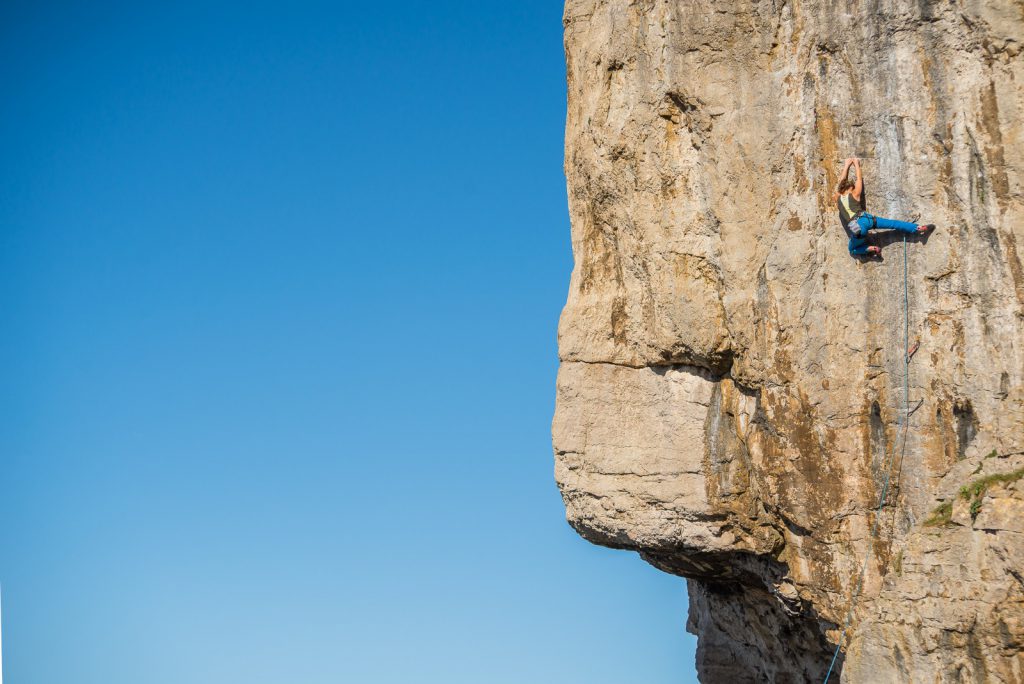
References:
Barlow, M., Woodman, T., & Hardy, L. (2013). Great expectations: Different high-risk activities satisfy different motives. Journal of Personality and Social Psychology. https://doi.org/10.1037/a0033542
Castanier, C., Le Scanff, C., & Woodman, T. (2010). Beyond sensation seeking: Affect regulation as a framework for predicting risk-taking behaviors in high-risk sport. Journal of Sport and Exercise Psychology. https://doi.org/10.1123/jsep.32.5.731
Cazenave, N., Scanff, C. Le, & Woodman, T. (2007). Psychological profiles and emotional regulation characteristics of women engaged in risk-taking sports. Anxiety, Stress and Coping. https://doi.org/10.1080/10615800701330176
Woodman, T., Hardy, L., Barlow, M., & Le Scanff, C. (2010). Motives for participation in prolonged engagement high-risk sports: An agentic emotion regulation perspective. Psychology of Sport and Exercise. https://doi.org/10.1016/j.psychsport.2010.04.002
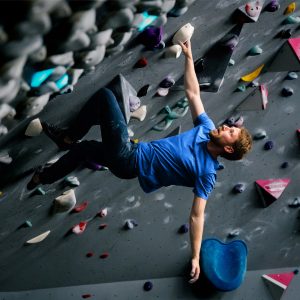


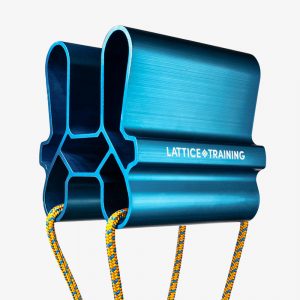
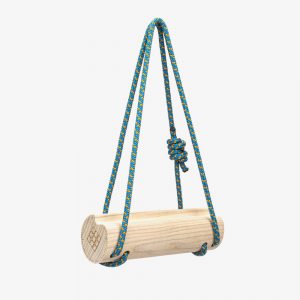

Hi Flo!
Are these results published anywhere/peer-reviewed yet? I am looking at also running a study on ER of climbers.
Thanks,
sounds potentially interesting but can you provide the info concerning confidence intervals?